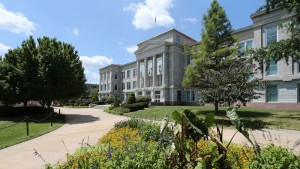 You know at Missouri State University and most universities there is never a dull moment and this weekend was no exception. On Sunday, someone tweeted about several flyers posted on a bulletin board in Kentwood Hall regarding privilege. I wanted to set the record straight on the facts surrounding this action.
You know at Missouri State University and most universities there is never a dull moment and this weekend was no exception. On Sunday, someone tweeted about several flyers posted on a bulletin board in Kentwood Hall regarding privilege. I wanted to set the record straight on the facts surrounding this action.
This series of flyers was part of a diversity awareness exercise and were originally posted 18 months ago without controversy. The flyers were co-sponsored by the Residence Hall Association and a Student Government Association committee with the idea of encouraging students to think about the difference of being white versus non-white or heterosexual versus LGBTQ or able versus disabled or Christian versus non-Christian and how these identities affect day-to-day interactions and experiences. Discussion groups followed.
All flyers were cleared off of the bulletin boards in the residence halls at the end of that semester. Apparently, some leftover flyers were re-posted in Kentwood Hall sometime this semester. They have now been removed since the exercise ended in 2014.
At Missouri State, we encourage free speech and healthy debate. The impact of race, religion, disability and sexual orientation on our lives and certain actions of police officers in impoverished urban areas are all important topics to think about and discuss at our university.
Unfortunately, members of the Twitter-verse, most of whom are unconnected to Missouri State, decided to take an awareness exercise that occurred almost two years ago and transform it into an inflammatory statement about the university and its practices, as well as question our support of our police force. That was unfortunate as we value both our students and their free speech rights and we respect and appreciate the important service the Springfield Police Department provides to our university.
Now that you know what happened, I am asking you to step away from the craziness of social media and think about constructive and healthy debate versus hateful 140 character attacks that require little thought or responsibility. The public affairs mission at Missouri State means making a difference, one person, one step at a time. I am asking you to be that person and make the difference. Don’t allow this social media exchange to negatively define the university.

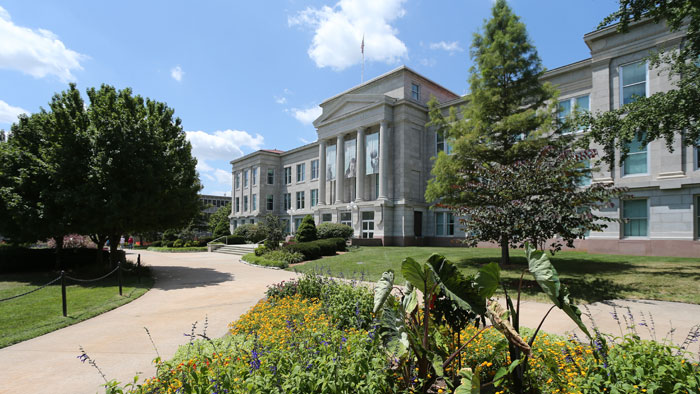
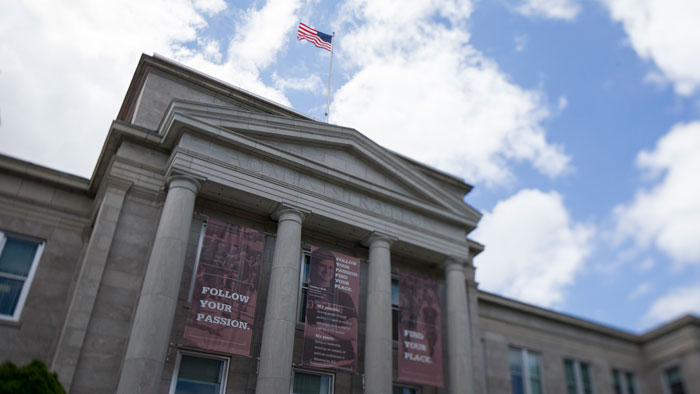
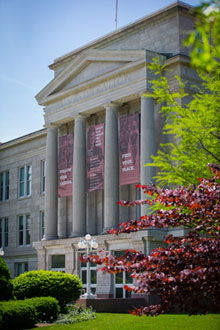 As administrators and leaders, we have goals that move us through each day as we strive to make Missouri State University better. Sometimes we take for granted that our students are aware of the strategic plans that drive our decisions, as well as the budget constraints that force us to select among many deserving options or the governing policies that ensure we act fairly and consistently in all situations.
As administrators and leaders, we have goals that move us through each day as we strive to make Missouri State University better. Sometimes we take for granted that our students are aware of the strategic plans that drive our decisions, as well as the budget constraints that force us to select among many deserving options or the governing policies that ensure we act fairly and consistently in all situations.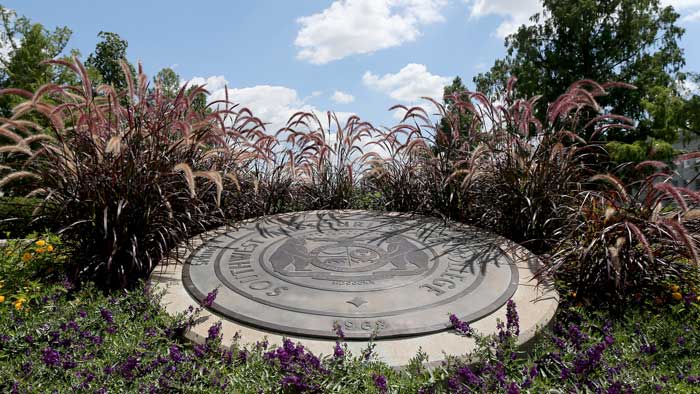
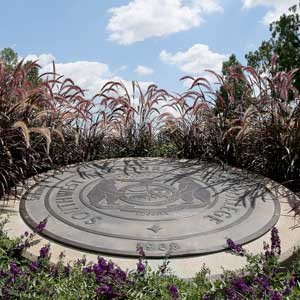 On Tuesday, Springfield residents voted to repeal the sexual orientation and gender identity (SOGI) provisions in Springfield’s non-discrimination ordinance. The campaign leading up to the election was sometimes emotional. Many members of the campus community put the University’s public affairs mission into practice by participating on both sides of the campaign. Many of us were disappointed in the result; however, the narrow margin of the vote proves that hearts and minds are changing, and that many people in our community are deeply committed to ensuring that Springfield is a welcoming place for all who work, study and live here.
On Tuesday, Springfield residents voted to repeal the sexual orientation and gender identity (SOGI) provisions in Springfield’s non-discrimination ordinance. The campaign leading up to the election was sometimes emotional. Many members of the campus community put the University’s public affairs mission into practice by participating on both sides of the campaign. Many of us were disappointed in the result; however, the narrow margin of the vote proves that hearts and minds are changing, and that many people in our community are deeply committed to ensuring that Springfield is a welcoming place for all who work, study and live here.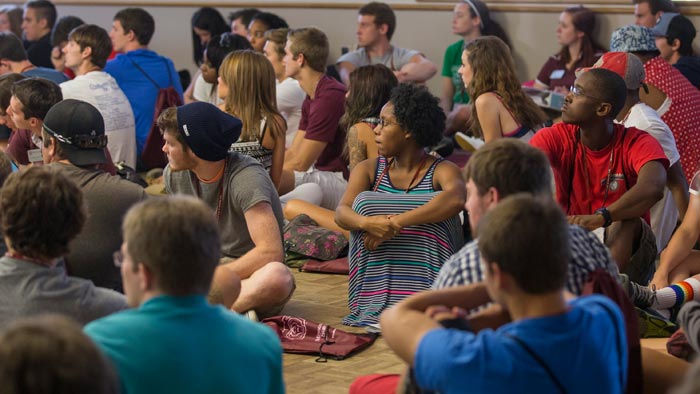
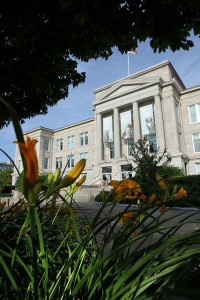 As the semester winds down, we have much to be thankful for and many successes to celebrate. Our enrollment is at a record level, new programs have begun, fundraising has increased and new facilities are under construction. However, we also saw a handful of people respond in a very negative way to a peaceful protest on the Missouri State campus during Homecoming.
As the semester winds down, we have much to be thankful for and many successes to celebrate. Our enrollment is at a record level, new programs have begun, fundraising has increased and new facilities are under construction. However, we also saw a handful of people respond in a very negative way to a peaceful protest on the Missouri State campus during Homecoming.